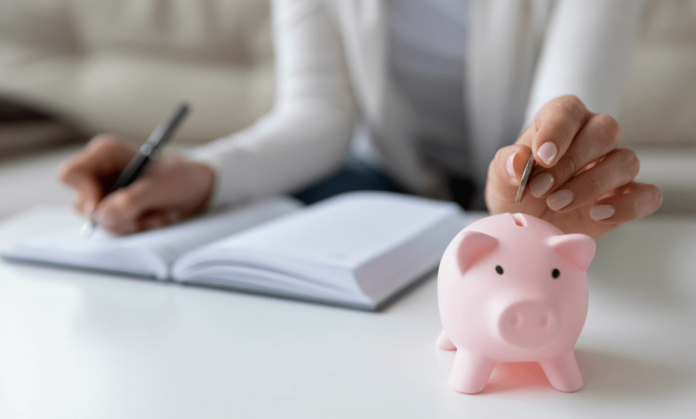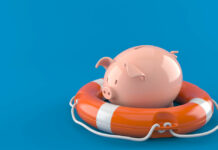It is important to have an emergency fund in place. You never know when a financial crisis will strike, and you want to be ready for the unexpected. Building an emergency fund is a given, but how do you know how much you need to save? While financial planners typically suggest a minimum of six to twelve months’ worth of living expenses, there is a lot of uncertainty built into those guidelines, and there are many factors to consider. Here are some key things to think about as you get started with building your emergency fund.
What is Your Job Security Like?
Your job security will play a big role in the size of your emergency fund, and it is important to do an honest assessment before moving forward with your emergency fund plans. How secure is your job? Have there been layoffs in the recent past? How well (or poorly) is your employer doing in the open market? The answers to these questions will be critical, so take your time and do as thorough an assessment as you can.
Once you have determined how secure your current job is, think about how easy (or not) it would be to gain replacement employment should the time come. If you have confidence in your ability to get another job, you may be able to hold less in your emergency fund. But if you have any doubts at all, having an emergency fund with six to twelve months’ worth of living expenses could be a very smart move.
What Are Your Monthly Expenses?
The size of your emergency fund will depend on a number of factors, but none is more important than your monthly living expenses. In general, you should have a minimum of six to twelve months worth of living expenses set aside to help you weather a financial emergency, so having that information at your fingertips will be critical.
You may have a vague notion of how much you are spending on a monthly basis, but it is best to run the numbers and get exact figures. So grab your checkbook, your credit card statements and your bank statements and do the math. Do not forget to include expenses that are incurred on an annual basis, things like property taxes and insurance premiums; you can simply divide them by 12 to get the monthly figure.
Can You Easily Lower Those Expenses if Necessary?
Knowing how much you are spending on a monthly basis is a good baseline, but it only tells you part of the story. Where your money is going is even more important, because that will tell you how easy, or hard, it will be to cut back should the need arise.
If the bulk of your expenses are in the basics of daily living, things like buying groceries, paying rent and keeping the lights on, you may not have much wiggle room in your monthly budget. But if you have been splurging on dinners out, high-end cable packages and expensive cell phone plans, you may be able to cut back temporarily if faced with a job loss or other financial emergency.
What Can You Earn on Your Ready Cash?
Having money set aside in an emergency fund will give you peace of mind, but that does not mean the cash needs to sit idle. While you are waiting for that money to do its work, take the time to seek out higher interest accounts where the cash can do more, and earn more.
That does not mean taking risks with your emergency fund; that is the last thing you want to do. What it does mean is finding a fully FDIC-insured account that pays a higher than average rate of interest. The more you earn on your cash, the less of your own money you will need to put up.
How Much Do You Need to Sleep Well at Night?
Deciding how much to keep in an emergency fund is not just a financial calculation; it is a personal and emotional one as well. Even if your calculations tell you that a basic emergency fund stocked with six months’ worth of living expenses is sufficient if you do not think that is enough you may want to err on the side of caution.
In the end, how much cash you keep in hand will depend on what allows you to sleep well at night. If that is six months of living expenses, or a bit less, so be it. If you feel better, and sleep better, with a year or more worth of living expenses, keep going until you reach that comfort point.
Having an emergency fund in place is a basic part of financial planning, but there is no one right amount for everyone. Before you can start building your emergency fund, you need to consider a number of factors, including the ones outlined above.
The post How Much Should You keep in Your Emergency Fund? appeared first on Cartageous.










